Below we highlight some of the projects and initiatives led by members of UCL Anthropocene that highlight and address the urgent realities of the Anthropocene.
We believe that we need a wide range of forms of knowledge to address the multifaceted questions raised by the idea of Anthropocene. Recognizing the complementary insights that different disciplines bring, the Anthropocene questions the academy’s usual division of labour between the social and natural sciences. It also raises profound questions about the proper valuing of indigenous knowledge and non-scientific and artistic forms of practice.
We are interested both in the challenges that the Anthropocene sets academic disciplines as well as how research and practice challenges the concept of the Anthropocene.
UCL Anthropocene is a workshop for rethinking our disciplines, and their constitutive relations in response to a concrete and urgent set of questions.
Seminar Programme:
Cultural Ecology: Galvanising Climate Action Across the Arts
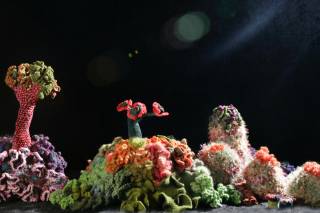
Image caption: Crochet Coral Reef by Christine Wertheim and Margaret Wertheim and the Institute For Figuring (2009). Photo © IFF by Alyssa Gorelick.
Research Centre: UCL Centre for the Anthropology of Sustainability
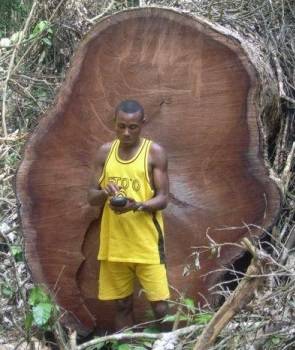
Our research examines the cultural and social dimensions of sustainability, on the interdependence of cultural diversity with biological diversity, on local and global understandings of the concept that challenge dominant views, and on lived practices around the world that exemplify how humans can become part of multi-species living arrangements that will endure well into the future.
CAoS blog / Follow @CAOS_UCL
Research Centre: The Climate & Water Research Unit (CWRU)
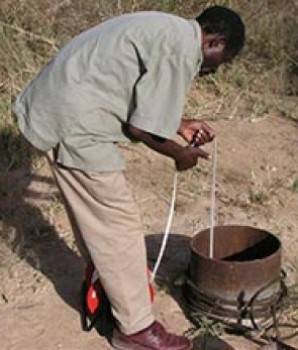
Research Centre: Extreme Citizen Science (ExCiteS)

Exhibition: Objects of the Misanthropocene
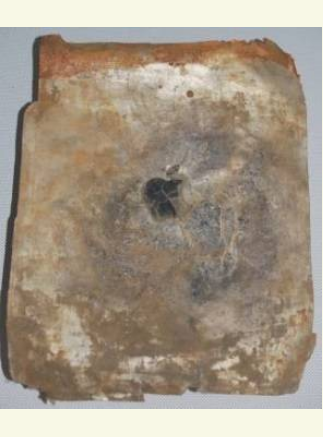
This temporary exhibition aims to question the authority of museum exhibitions in truth production about past and future worlds by presenting a time travelling exhibition of objects from the future. It will provide a certain future perspective on our uncertain present. The archaeological and geological artefacts of the Misanthropocene will be fabricated (through a series of online Slade/IoA workshops May- October 2020) to reflect different predicted futures found in literature about the Anthropocene. These insouciantly fabricated exhibits will be presented as a selection of time travelling objects loaned from the Museum of Beyond in the University at the end of the longest pier in the world (this is one part of a larger speculative design project developed by Goldsmith’s at Rhyl, North Wales).
Fictional Exhibition:
Traps as Artworks and Artworks as Traps
Hermione Spriggs, Practice-based PhD research, UCL Anthropology/Slade School of Fine Art, 2018–
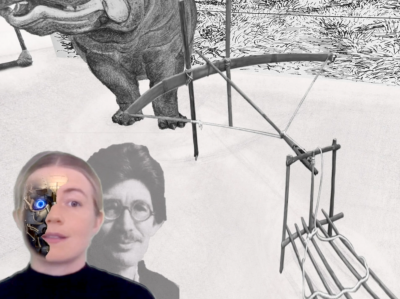
Competition: Reimagining Museums for Climate Action
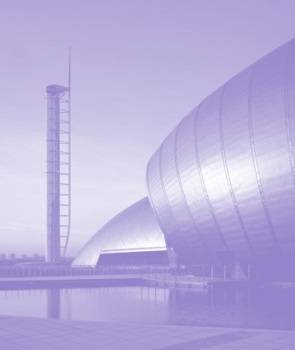
In the lead-up to COP26, the team invites concept and design proposals that radically reimagine the museum as an institution to help shape meaningful climate action. The aim is to explore how rethinking the design, purpose and experience of museums can help society make the deep, transformative changes needed to achieve a net-zero or zero-carbon world.
Eight competition winners will be awarded £2500 each to develop their ideas for an exhibition at Glasgow Science Centre ahead of and during COP26.
Follow @climatemuseums
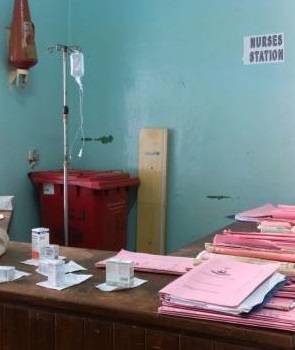
This project is funded through a five year Wellcome Trust Investigator Award held by Megan Vaughan at the Institute for Advanced Studies, UCL. The team works in an interdisciplinary mode, combining anthropological, historical and social science methods, in dialogue with colleagues in medicine and biological sciences. The work is inherently collaborative with colleagues in Ghana, South Africa and Malawi, in universities and beyond. They welcome enquiries from colleagues and health activists working in the field of non-communicable and chronic disease in sub-Saharan Africa.
Blog: Co-existing with Covid-19
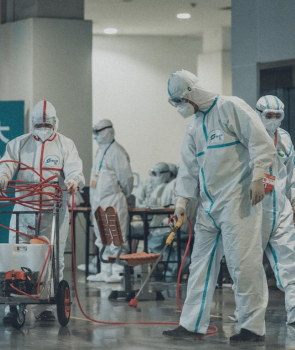
Following the success of the ‘Consciously Quarantined’ series, the team is now inviting submissions for their new, and ongoing, series ‘Co-existing with Covid-19’. They also encourage those who have already submitted to the ‘Consciously Quarantined’ blog series to repost for the new series, to provide reflections on these changes. Academics of any career stage, as well as those working outside of academia, should submit articles of 600-1200 words reflecting on life alongside Covid-19 from a social science perspective.
Please send submissions to Rebecca, Sahra, and Aaron with ‘COVID19 BLOG’ as the subject. Please include a short bio and 2-3 images in your submission. Find out more about submitting a story here.
Follow @medanthucl
Project: Nature4SDGs
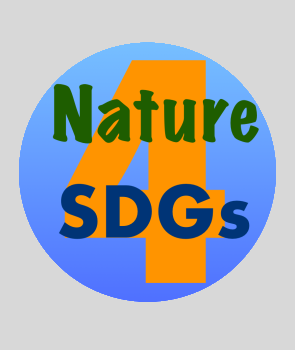
The aim is to support the delivery of Agenda 2030 by understanding trade-offs and synergies between Sustainable Development Goals (SDGs), and the challenge of sustainable development that leaves no-one behind.
Project: PIMA (ended in 2016)
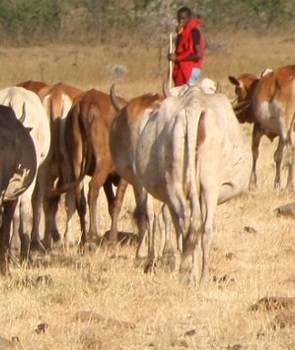
- Women, wellbeing and Wildlife Management Areas. Journal of Peasant Studies, 2020.
- Impacts of Tanzania’s Wildlife Management Areas on household wealth. Nature Sustainability, 2019
- A quasi-experimental study of impacts of Tanzania's Wildlife Management Areas on rural livelihoods and wealth. Nature Scientific Data, 2018.
- Sharing data from the Ecosystem Services for Poverty Alleviation programme. Sci Data 5, 180137 (2018).
- Mark Blacksell Public Lecture Series. University of Plymouth.
 Close
Close

